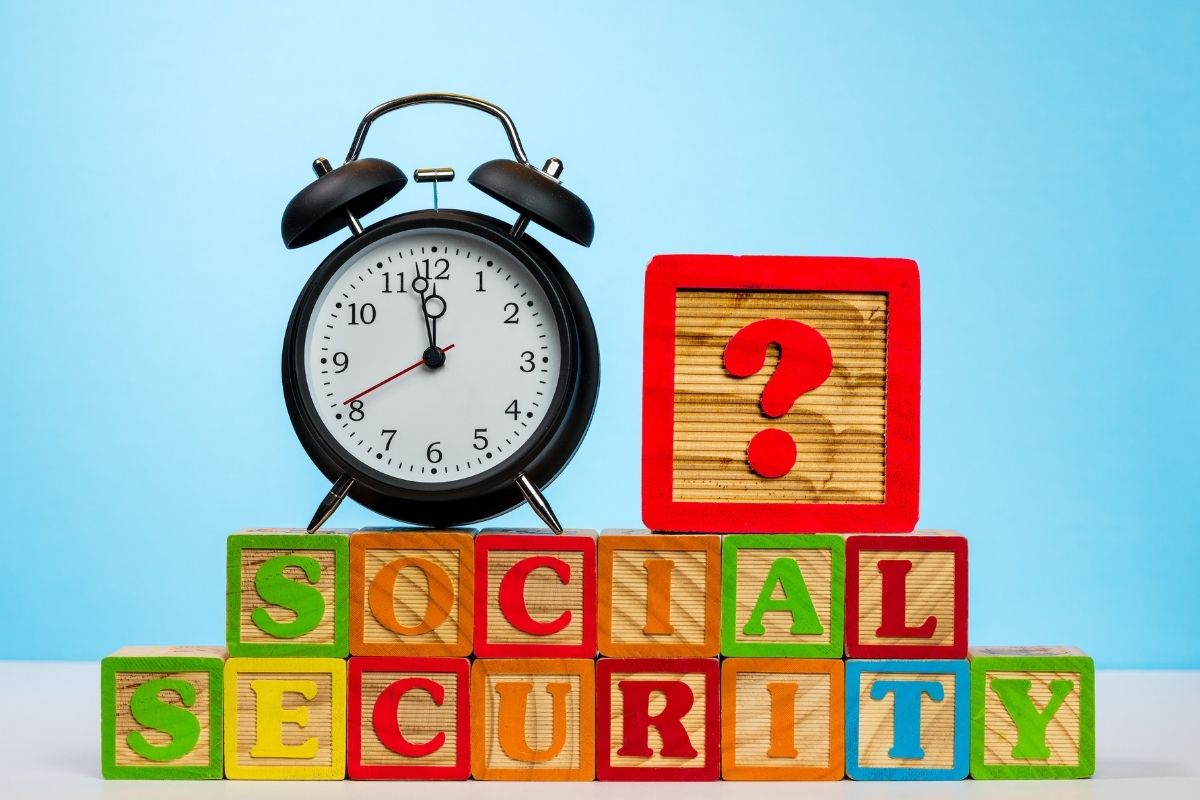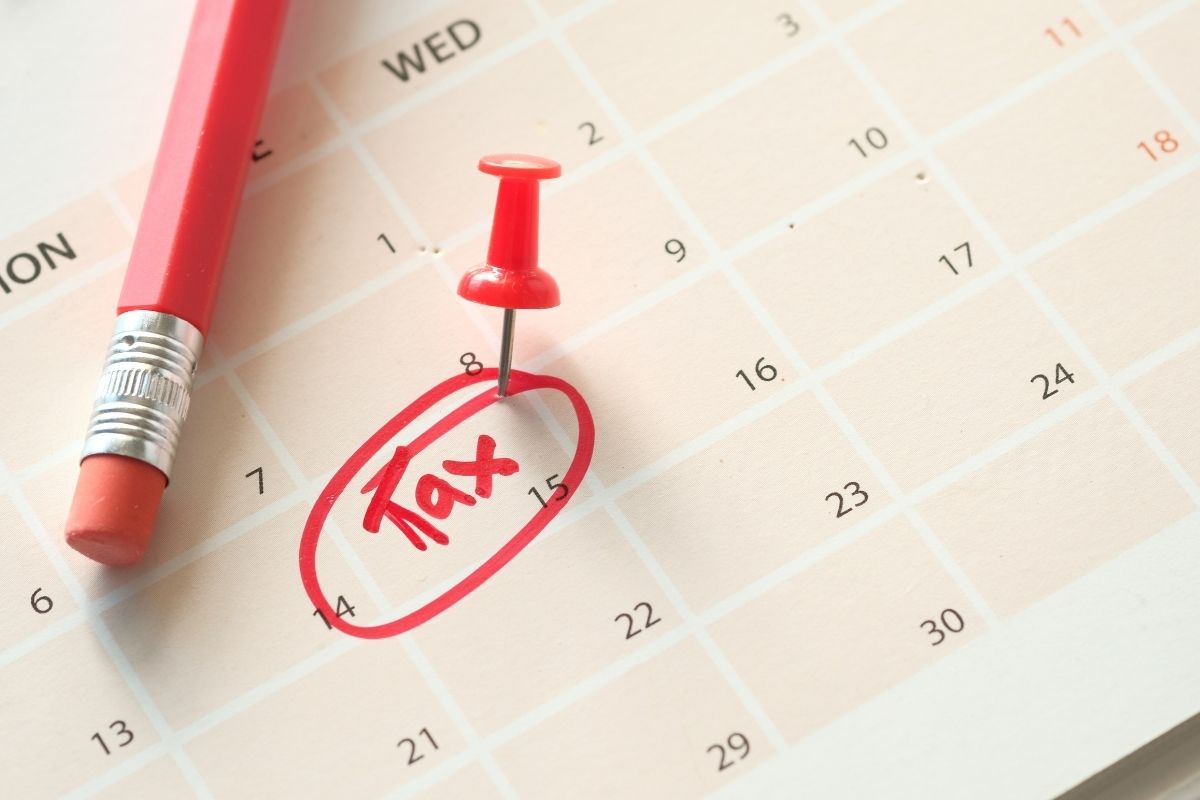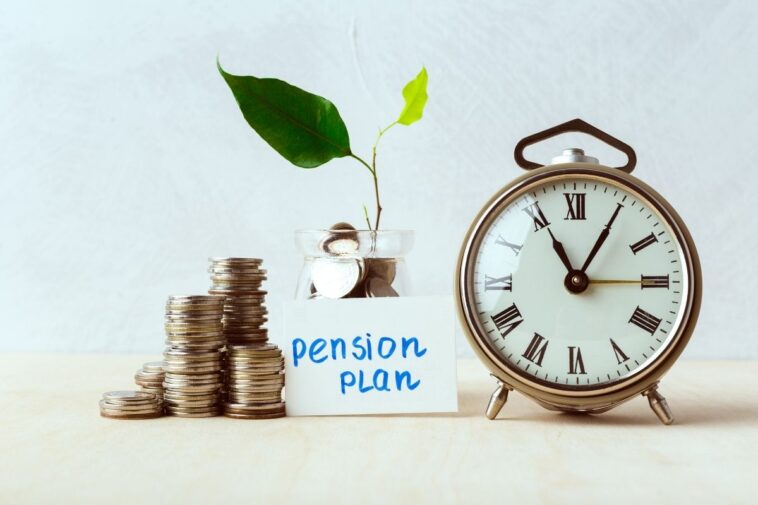Public School teachers are public servants. We all understand the dedication and sacrifice that teachers make for society as a whole. It is no secret that teachers don’t make a ton of money, but it is a common assumption that teachers end up with a pension after they retire. Is this still true? Do teachers get pensions? We’ve done some research and will answer that question for you here.
Most Teachers receive a pension after staying with their profession for a minimum number of years. Teachers usually contribute a set percentage of their income to the pension program over time. The amount they collect upon retirement depends on the amount of time spent working for the district, their age upon retirement, and the percentage that the program will pay them once they are retired.
How Do Teacher Pensions Work?
According to the US Department of Labor, 85% of Teachers are enrolled in Defined Benefit Pension Plans. These Pension Plans use a formula to decide a specific amount that a teacher will receive upon retirement. The Teacher needs to work a minimum number of years to qualify for a pension.
Sometimes teachers need to contribute a small amount to the pension plan. It is a common misconception that Teacher pensions are the same amount as their salary, which couldn’t be further from the truth. The formulas used to determine a teacher’s pension use a final average salary multiplied by their years of service and multiplied by a percentage sometimes as low as 1 percent.
So, take a teacher whose average wage was $60,000 a year and worked for 20 years and the pension plan uses a 2 percent multiplier in their formula; the yearly pension would total $24,000 per year.
Who Pays for a Teacher’s Pension?
Public school teachers are government employees. Therefore, their salary comes from taxpayers. Property taxes usually fund school districts, and voters determine increases in these taxes and how much should go to the school district. When a teacher contributes to their pension plan, they are investing a chunk of their salary.
Unlike a 401(k), which has a certain amount of risk and is dependent on the stock market, a pension theoretically guarantees that they will get a certain amount at retirement as long as they stay with their job long enough. Long story short, taxpayers pay the Teacher’s pension because taxpayers fund their respective school district.
Do Teachers Get to Collect Social Security?

Public School Teachers are state workers and were initially excluded from social security because of the worry that the federal government taxing state governments was unconstitutional. By the 1950s, some states determined to allow teachers to pay into and then claim social security benefits, but most keep their pension plans in place as they are more favorable among teachers.
Is A Teacher’s Pension like Social Security?
State Teacher Retirement System (STRS) is what state and city level governments call the pension and retirement plan for teachers. Each state is unique in its funding and requirements. The largest systems, unsurprisingly, lie in the largest states – California, Texas, and New York.
A pension is a lot like social security. The Teacher pays into the fund over time and is guaranteed a weekly or monthly percentage of their average income after committing a specified amount of time to teach, retiring, and reaching a specified age. Some states and localities allow for teachers to contribute to social security in addition to their pension plan.
Do teachers have 401(k)s?
Many teachers are offered a 403(b) retirement plan. 403(b)s work a lot like a 401(k) and are “tax deferred,” meaning you don’t have to pay taxes on any earnings until the funds are withdrawn. Like 401(k)s, 403(b)s are voluntary and have maximum amounts that teachers can contribute to each year.
Do Substitute Teachers get Pensions?
According to the National Substitute Teachers Alliance, this again varies on a state by state basis. Some substitute teachers can contribute to and later draw from the state teacher pension plan, and others can not. Some substitute teachers can contribute and remove from social security, and others can not.
Do Private School Teachers Get Pensions?
As long as the private school is a non-profit, tax-exempt school, private school teachers should qualify for their state’s state pension plan. If the private school is for-profit and not tax-exempt, the Teacher will contribute to social security and be eligible for those benefits when they retire.
Do Preschool Teachers Get Pensions?
Unless the preschool or pre-k has state-funded programs, preschool teachers will likely not receive a state-funded pension. Private preschools and Montessori programs require their teachers to pay into social security; therefore, they can collect those benefits when they qualify.
Are Teacher Pensions Taxable?

Since teacher pension programs and state tax laws are different in each state, this answer depends on how the Teacher is receiving the pension. Some states, such as Alaska, Arizona, and Florida have no state income tax, so a teacher’s pension is not taxable in those states.
Some other states, such as Alabama and Hawaii, have special exemptions for teacher pensions even though the state taxes most other incomes. Other states such as Louisiana and Kansas will only allow the teacher pension to be exempt from income tax if the pension comes from that state.
For example, a teacher who receives a pension from New York State while living in Louisiana will have to pay state income tax, but a teacher receiving a pension from Louisiana while living in Louisiana will not. Like many things regarding state taxes, the Teacher would have to determine whether their pension is taxable with their state of residence.
Are Teacher Pensions Programs Stable?
News stories and reports are painting a grim outlook for teacher pension programs in many states. School districts historically take a lot longer to recover financially from recessions than other markets. According to Urban.org, pension programs are losing funding at a steady rate since the last recession.
Where do Teacher Pensions Programs Have the Most Stability?
According to the National Council on Teacher Quality, the number of states with well-funded pension systems decreased from 14 in 2010 to 7 in 2016. Nationwide, teacher pension debt amounts to 516 billion dollars.
The best state teacher pension programs in the United States, according to ncqt.org are
- Alaska
- Illinois
- Maine
- Minnesota
- New Hampshire
- New Jersey
- Rhode Island
- South Dakota
- Utah
- Washington
- Wisconsin
How Can a Teacher Supplement Their Pension?
A teacher should continue to contribute to their pension and 403(b), but if looking for other options to supplement their retirement, there are a few more options to consider. Roth IRAs are an excellent option for supplementing your pension. Roth IRAs have maximum contribution limits of around $6,000 and no minimum. Teachers can think of the contribution as a Netflix payment or daily coffee, but with a much higher investment return.
Teachers often supplement their income by working in the summer. These summer jobs usually pay into social security so that a teacher can consider a summer job as a 2nd retirement account. There is no law limiting the number of retirement funds a teacher can create for themselves. Teachers can get creative and diversify their retirement plans. Pensions are generous but shouldn’t be the only plan for retirement that a teacher should have.
What Types of Banks are Best for Teachers?
Teachers are valuable members of the community and deserve to be valued by their financial institution. Credit Unions are a great option for teachers, and there are many Teacher specific Credit Unions in the United States.
According to mycreditunion.gov, a credit union is different that a bank because they are not-for-profit organizations that operate cooperatively and are member-owned. Credit Unions can provide a safe place for teachers to be free from predatory lending practices and can count on a higher interest rate for their savings and the lowest rates for their loans. There are credit unions specifically for service members, police, firefighters, and, yes, teachers. Type the word “teacher” in the credit union locator on the national credit union administrations locator page, and hundreds of results show up.
In conclusion, yes, Teachers get pensions. Still, they should consider looking into other ways to ensure their retirement is as comfortable as possible because they deserve to have as enjoyable retirement as possible after sacrificing so much for our children.
Related Articles
- How Much Do Teachers Make After Retirement?
- Can Teachers Make a Good Living?
- When Should a Teacher Retire?
- What Kind of Teachers Make the Most Money?
- When Do Teachers Get Paid?
Sources:
- https://www.teacherpensions.org/blog/why-aren%E2%80%99t-all-teachers-covered-social-security
- https://www.nctq.org/publications/Lifting-the-Pension-Fog:-What-teachers-and-taxpayers-need-to-know-about-the-teacher-pension-crisis?gclid=Cj0KCQiAw_H-BRD-ARIsALQE_2P-X2M4aYmZ-pibd1T7lfdn68T42AIKtMYccekPvOrbemU7Q6DYqF4aAjoDEALw_wcB
- https://www.investopedia.com/terms/t/trs.asp
- https://www.investopedia.com/terms/1/403bplan.asp
- https://www.nctq.org/dmsView/Lifting_the_Pension_Fog_Executive_Summary
- https://www.nstasubs.org/?page_id=34#:~:text=Yes%20and%20no.,have%20a%20substitute%20teachers%20union.
- https://equable.org/state-of-pensions-2020-national-pension-funding-trends/
- https://www.edweek.org/teaching-learning/teacher-pay-how-salaries-pensions-and-benefits-work-in-schools/2018/03?utm_source=goog&utm_medium=cpc&utm_campaign=ks+topics&ccid=ks+topics&ccag=teacher+pensions&cckw=%2Bteacher%20%2Bpensions&cccv=content+specific+ad&s_kwcid=AL!6416!3!316353908049!b!!g!!%2Bteacher%20%2Bpensions&gclid=Cj0KCQiA5vb-BRCRARIsAJBKc6L5tILxEB8Wm6s2i844QBoVbK_DX62KK6vuhXeqBa-8Cda0vp2oU9MaAlJpEALw_wcB
- https://finance.zacks.com/teachers-pension-pay-state-income-tax-10727.html
- http://www.pensionrights.org/publications/fact-sheet/roth-iras
- https://www.mycreditunion.gov/about-credit-unions/credit-union-different-than-a-bank



